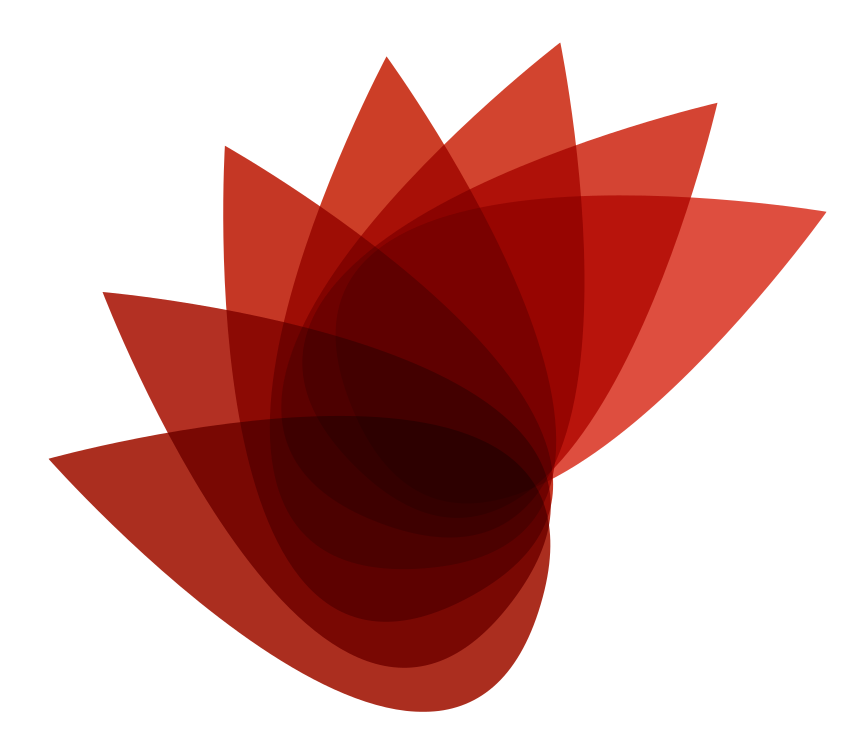The Interinstitutional Master of Educational Psychology offers three different educational lines associated with different profiles:
- Profile on Psychoeducational Intervention. Students choosing this profile develop the ability to plan and carry out psychoeducational interventions with a high degree of specificity to individual cases, group cases or institutional situations. Professional practices are considered from a lifelong perspective.
- Profile on Psychoeducational Intervention in Secondary Education. Students choosing this profile develop the ability to plan and carry out innovation actions at different levels of the secondary schools’ organization and concerning different agents (management teams, teachers, students, families), which allow transforming and reviewing current secondary education institutions to move towards a system consistent with the new learning ecology
- Profile on Psychoeducational Research. Students choosing this profile develop the ability to generate high quality scientific knowledge, to carry out and critically analyse highly specific investigations, and to create, analyse, diffuse scientific information, and offer qualified education in the field of educational psychology.
By the end of the program, the students should have developed the following general and specific competences related to these profiles:
General competences:
- Knowledge and advanced information management about research in a variety of educational scenarios.
- Rigorous and conceptually accurate reflection and analysis of issues concerning educational psychology.
- Use of research instruments, implementation of procedures and inquiry methods related to the field of educational psychology.
- Functional use of professional knowledge for the design of situations, activities and educational interventions.
- Specific communication in scientific contexts in the field of educational psychology.
- ICT use for the purpose of research and professional activities in the context of educational psychology.
- Team work in highly specialised, multidisciplinary, highly competitive teams.
- Self-reflection about personal competences and training needs in the field of educational psychology research.
Specific competences:
- Evaluation of psychological development and learning process, both normal and atypical, from birth until old age, related to individuals’ participation in diverse activities and learning practices.
- Detection, prevention, and intervention for the enhancement of development and learning chances of individuals with disability and at risk of social exclusion.
- Collection, transcription, analysis, and evaluation of data and information, generation of new knowledge about learning processes in formal, non-formal and informal practices.
- Evaluation of and intervention in psychological processes involved in educational situations, in order to facilitate and promote learning and development processes of the participants and contribute to improving the functioning and organization of educational institutions.
- Collection, transcription, analysis, and evaluation of data and information, generation of new knowledge about activities and uses of language in formal, non-formal and informal educational practices.
- Collection, transcription, analysis, and evaluation of data and information, generation of new knowledge about psychological processes related to learning communication by means of oral, written, signed and assisted language in family and school contexts, in monolingual and multilingual situations.
- Collection, transcription, analysis, and evaluation of data and information, generation of new knowledge and intervention on psychological processes involved in ICT supported teaching and learning contexts.
- Analysis, evaluation of and intervention in thinking and learning processes implied in the development of formal, non-formal and informal educational practices, mediated by different types of languages.




